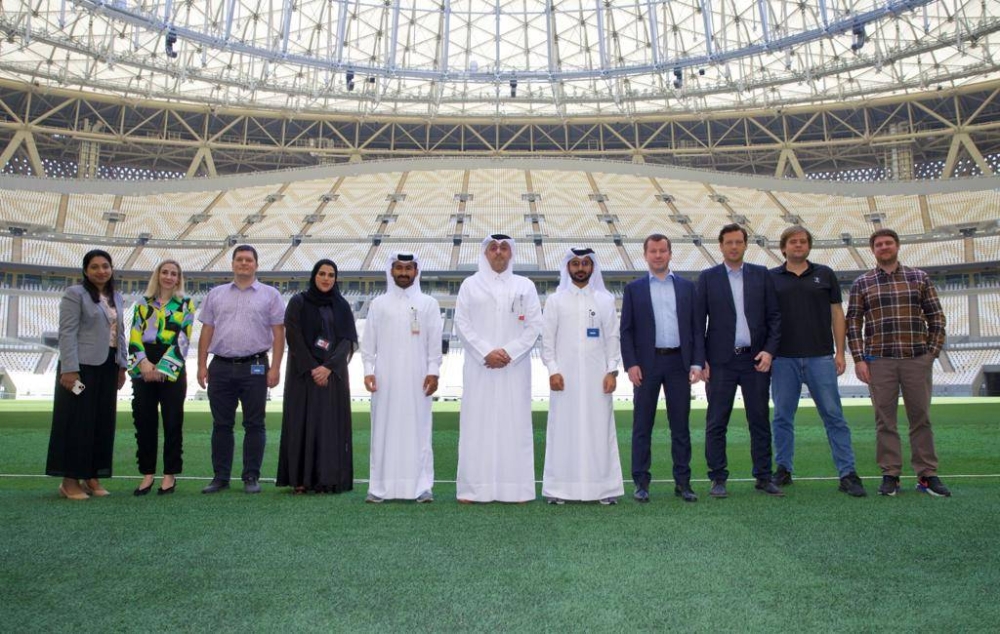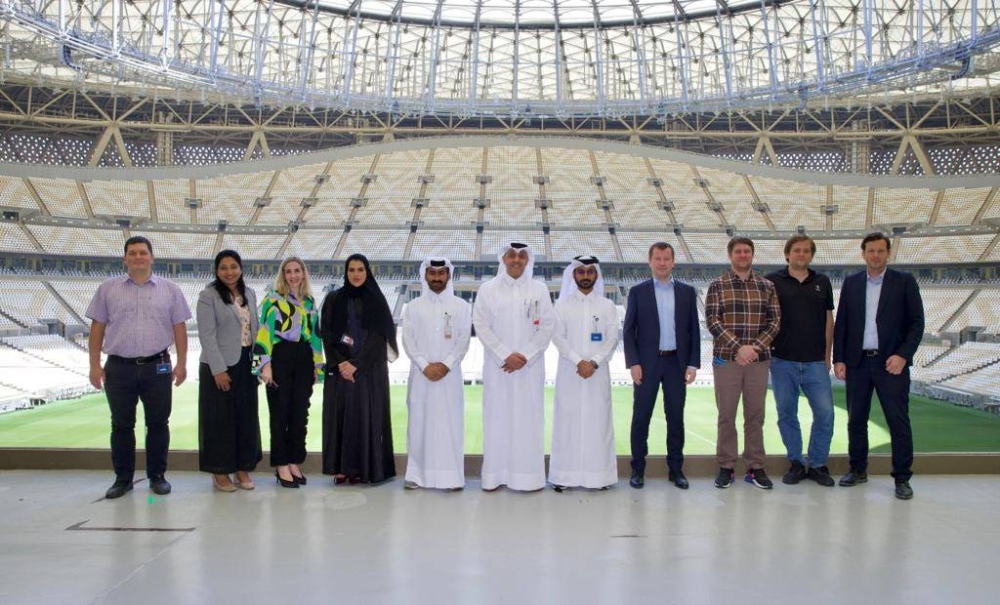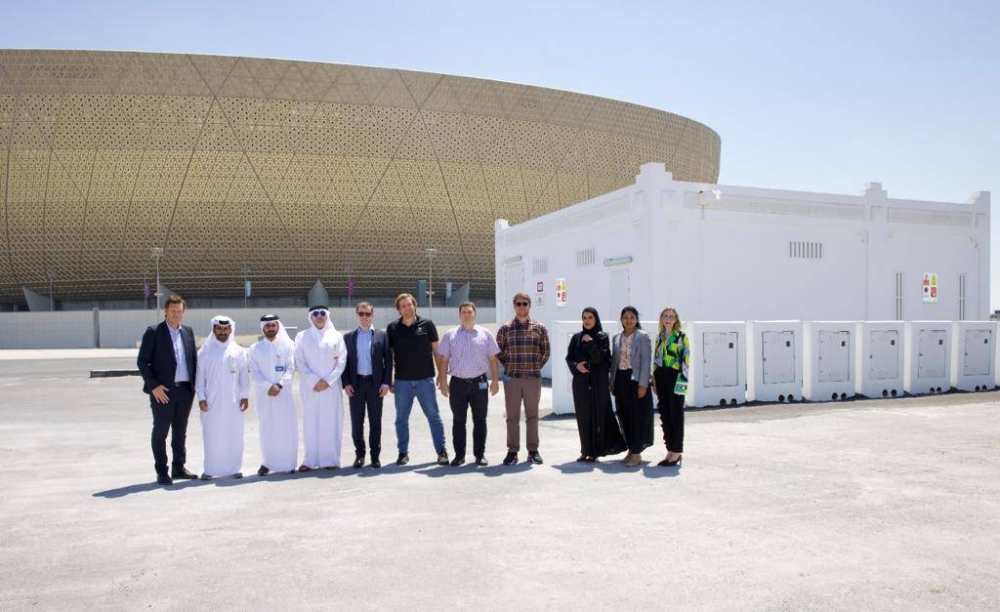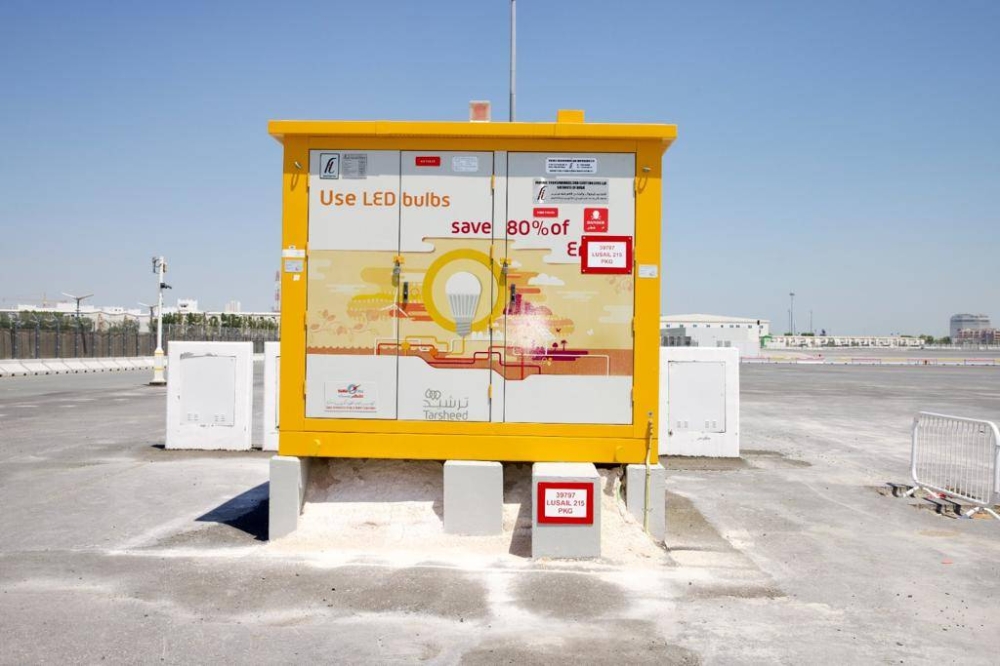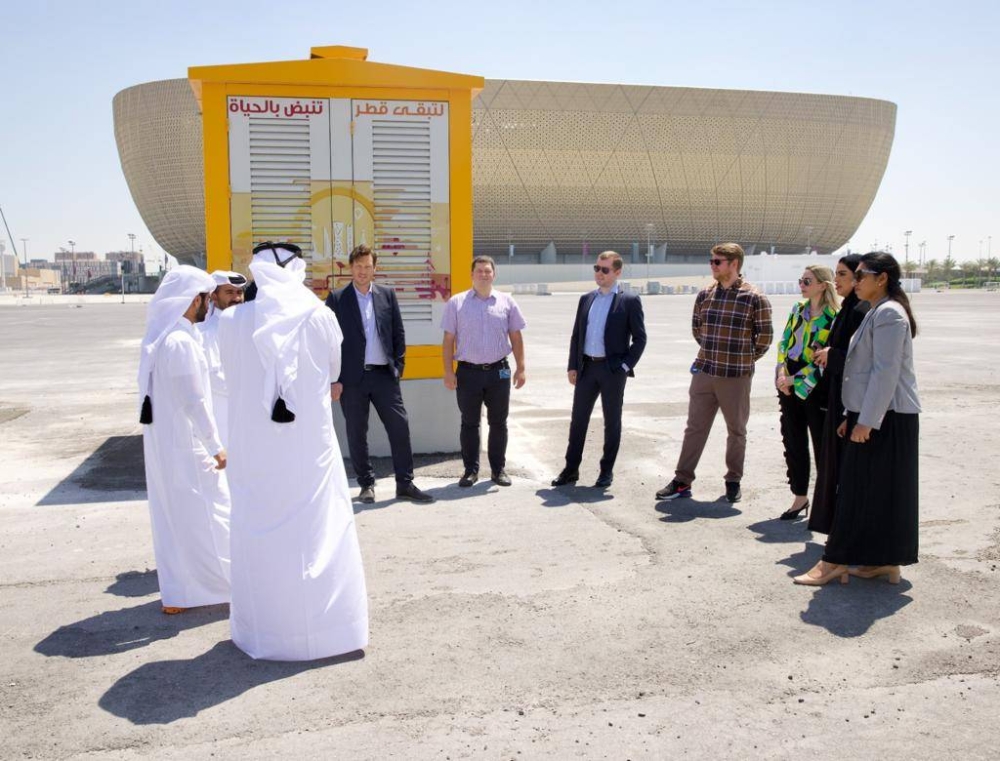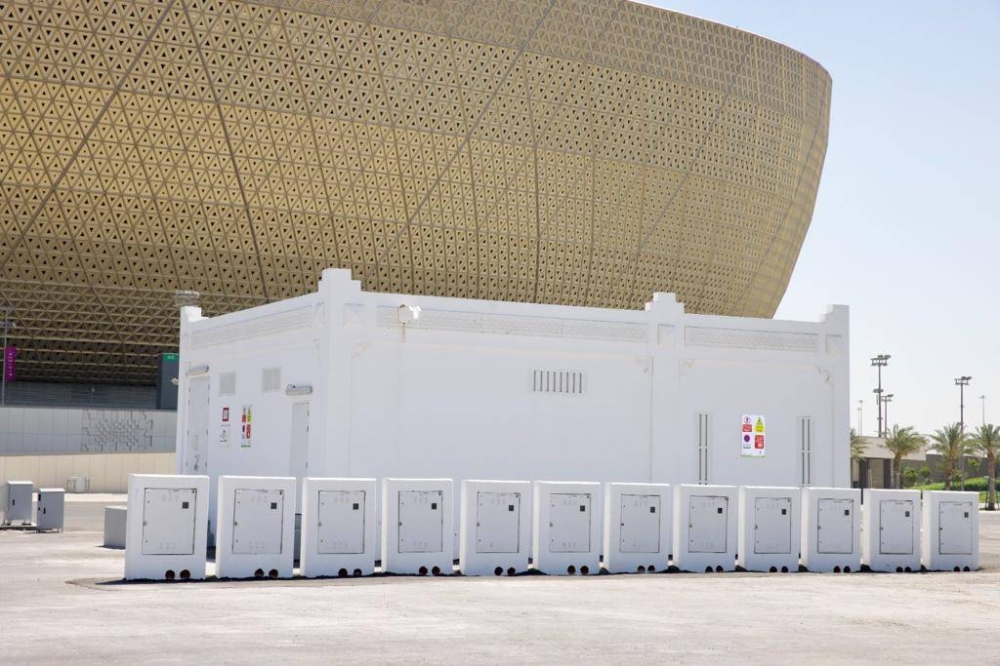Powering temporary facilities at FIFA World Cup stadiums and precincts directly from Qatar’s national grid instead of using diesel generators cut carbon emissions during the tournament by approximately 9,000 tonnes, the Supreme Committee for Delivery and Legacy (SC) said.
The innovative solution was delivered at seven of the eight Qatar 2022 stadiums by the SC, FIFA and Qatar General Electricity & Water Corporation (Kahramaa). The tournament organisers estimate the project saved more than 5mn litres of diesel, according to an SC statement.
SC director-general Yasir al-Jamal said, “By working with national stakeholders, we were able to deliver an innovative solution that honoured our sustainability commitments. By drastically reducing the need for on-site diesel generators, we improved local air quality, reduced noise, minimised carbon emissions and eliminated the need to transport and store large amounts of fuel. We were able to achieve all of these benefits while providing a highly reliable source of power throughout the tournament.”
Prior to the FIFA World Cup, the SC, FIFA and Kahramaa reviewed test events such as the FIFA Club World Cup and FIFA Arab Cup and concluded that grid solutions were the most feasible option to reduce the reliance on diesel-powered generators. This led to the development of 44 substations at tournament venues to provide 49,000 kVA of installed electrical capacity. Initially, 185 generators were deemed necessary to power stadiums and nearby facilities – but that number was cut to 70 thanks to the national grid project. Organisers found that 82% of the tournament’s power needs were delivered directly from the national grid.
Essa bin Hilal al-Kuwari, president of Kahramaa, said: “We initiated our collaboration with the SC during the early stages of infrastructure planning. After conducting a comprehensive assessment of the power requirements, we identified the optimal infrastructure upgrades necessary to increase power capacities and extend cabling to the required areas. Our recommended approach delivered notable environmental advantages while also being cost effective. Moreover, it establishes a long-lasting legacy by ensuring the stadiums can be powered directly from Qatar's reliable grid, eliminating the need for temporary generators for future events.”
The project formed part of the SC’s commitment to boosting environmental issues.
Bodour al-Meer, Sustainability executive director at the SC, said: “Qatar has prioritised sustainability from the moment we won the rights to host the FIFA World Cup. Our Sustainability Strategy identified temporary power solutions with low environmental impact as a priority area. The successful completion of this project is testament to the tremendous work that we did to leave a sustainable legacy for future generations.”
Learn more about the FIFA World Cup Qatar 2022 Sustainability Strategy at https://www.qatar2022.qa/en/sustainability
Qatar
Qatar 2022 energy solution cut carbon emissions by 9,000 tonnes
Powering temporary tournament infrastructure directly from national grid saved 5mn litres of diesel
